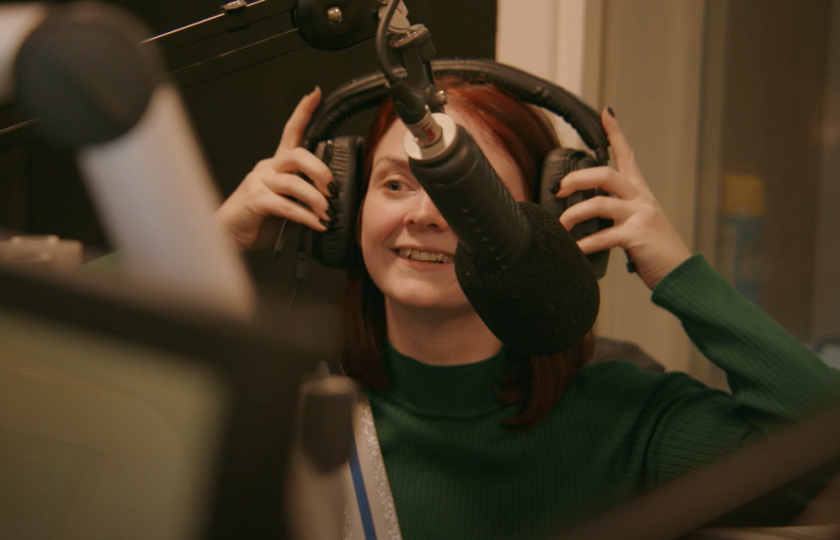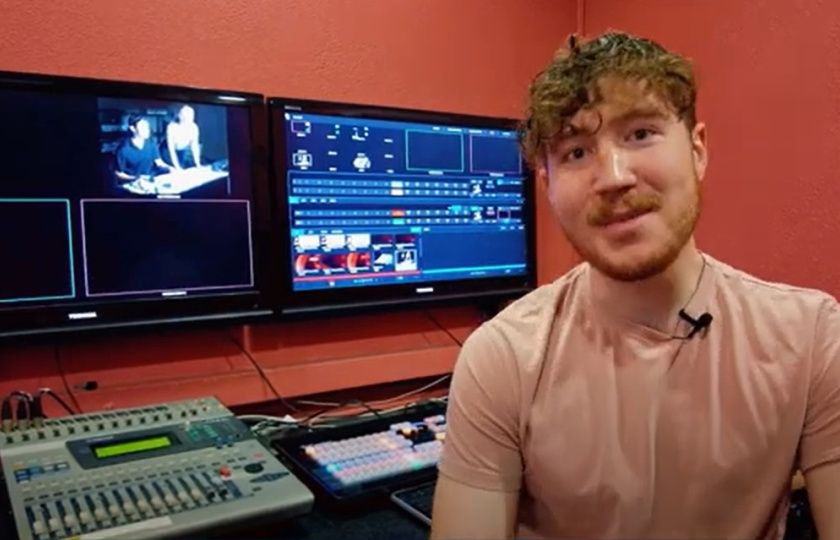MA in Media Studies (MAMS)
Available: Full-time/Part-time
NFQ Level: 9*
Duration: 1 yr FT/2 yrs PT
Location: MIC Limerick
Delivery Mode:
Face-to-face
Assessment:
50% by thesis or film script and 50% by successful completion of 6 modules mostly assessed by essay.
- Programme Overview
- Programme Content
- Entry Requirements
- How to Apply
- Ask a Question
Programme Overview
The Master's in Media Studies (MAMS) at MIC is an innovative programme that offers students the opportunity to study a wide range of contemporary media topics at an advanced level. These include streams in Film Studies, Audio Studies and Cultural Studies. All courses are taught by internationally acclaimed researchers with practical knowledge of the media industry and the small group sessions facilitate collaborative learning, both theoretical and practical. The programme enables graduate students to develop a deeper understanding of the field and provides the foundations for their own original research and career development.
Key Features
The MA programme is interdisciplinary, drawing on theories and applications from a range of academic fields, including sociology, history, cultural studies, audio studies, film studies, gender studies, digital media theory, literary theory and linguistics. It seeks to analyse the historical, social and cultural contexts in which the media have been produced; how meaning is generated through the interplay of image, word and sound in media texts; and how the media impact upon their audiences as well as being invested with significance by those audiences.
Teaching takes place on the MIC campus and the modules offered depend on student choices and the availability of lecturers in any given semester. The one-year MA is delivered over three semesters (but alternatively there is an option to complete it over two years on a part-time basis).
The programme familiarises students with current issues and developments in Irish and international mass media and mass media theory, situating the analysis of Irish media within the context of post-Independence Irish society, culture and identity and examining developments in international media in their political, cultural and social contexts. Students develop the ability to analyse structures, trends and developments in the mass media and to undertake research, using a variety of methodologies, on key aspects of media production, texts and consumption.


Career Opportunities & Further Study
The programme aims to equip students with the knowledge and skills required to advance to doctoral degree studies and to enhance career opportunities in the media industry and other professional fields. Areas of opportunity open to graduates include film, television, radio, podcasting, creative and new media and further study to PhD level; see MA / PhD in Arts by Research for additional information, including entry requirements.
All students undertake six taught modules, split over two semesters (full-time) or four semesters (part-time), and the focus of the final, summer semester is upon individual research and dissertation preparation. Students complete a dissertation of 15,000-20,000 words on an approved topic.
While the course is mostly theory driven, some modules offer tuition in and assessment based on production. For example, some students learn to make a radio documentary and to master multi-track sound editing. The option to complete the Master's by writing a full film script rather than a traditional dissertation has proven popular in the past, particularly with those coming from an industry background.
The programme’s teaching and learning methods include lectures, seminars, presentations by guest lecturers, individual consultation with relevant lecturers, guided reading and written assignments.
Contact
Dr Rosemary Day, Programme Coordinator and Head of Department of Media and Communications
T: +353 61 204327
NFQ Levels
*Graduate Certificates are Level 9 Minor Awards, Graduate Diplomas and Masters are Level 9 Major Awards and PhDs are Level 10 Major Awards on the National Framework of Qualifications (NFQ), awarded by the University of Limerick.
- Programme Overview
- Programme Content
- Entry Requirements
- How to Apply
- Ask a Question



